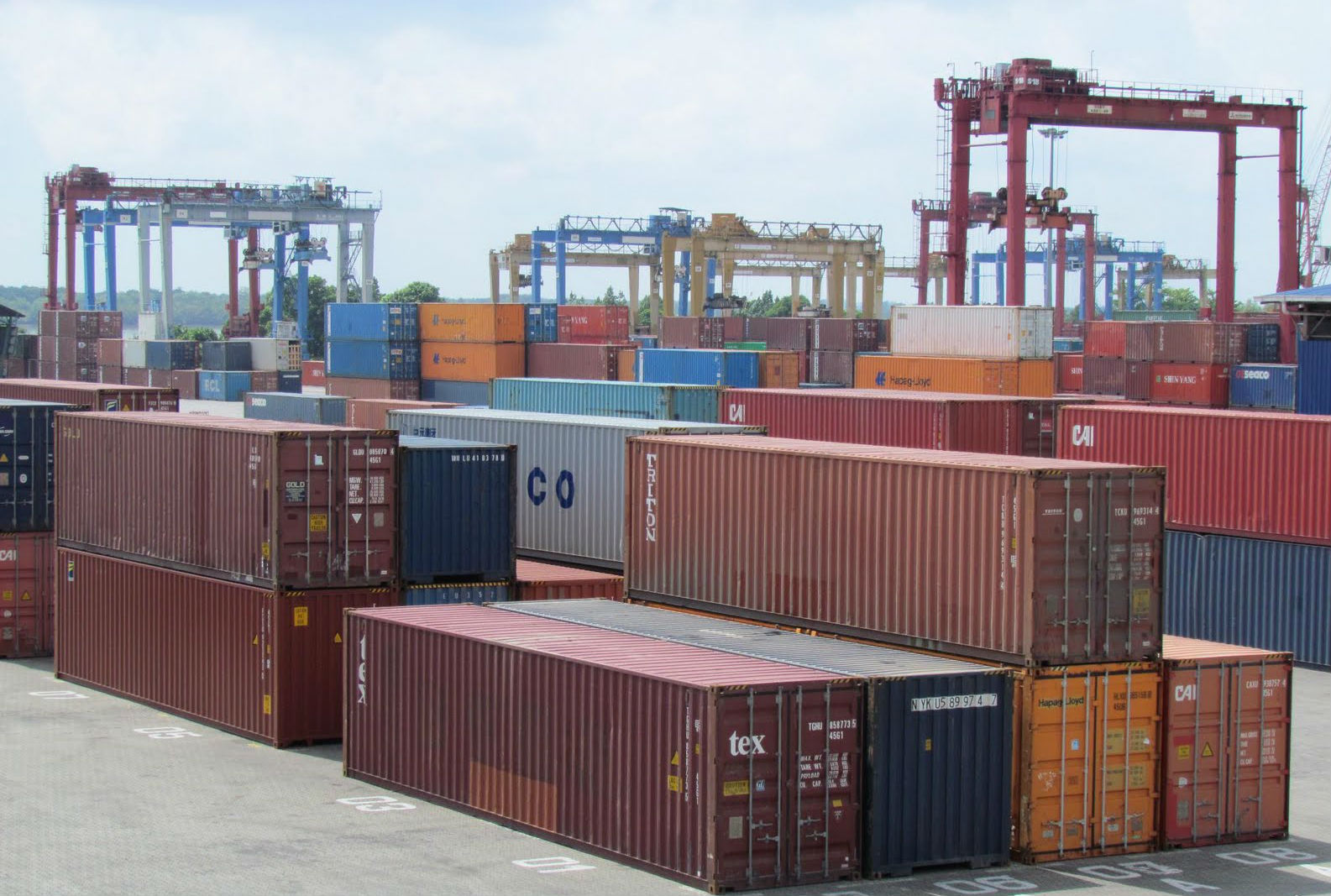Firms that are involved in transporting radioactive materials must take suitable measures to help ensure the goods are packaged effectively. After all, any accidents that occur because of unsafe packaging can have devastating results.
It seems children may be particularly vulnerable to the ill-effects of radioactive leaks. According to a report released by the United Nations Scientific Committee on the Effects of Atomic Radiation (UNSCEAR), infants and children can be at higher risk of developing certain cancers when they are exposed to radiation, for example, from nuclear accidents.
Youngsters were found to be more sensitive than adults for the development of 25 per cent of tumour types, including thyroid, brain and breast cancer, and leukaemia.
UNSCEAR revealed it began working on the report two years ago, the same time the Fukushima nuclear accident occurred in Japan. However, the disaster was not mentioned in the statement. In May this year, the organisation stated that cancer rates were not expected to rise after the Fukushima accident.
Commenting on the vulnerability of children to tumours, UNSCEAR remarked: “The risk can be significantly higher, depending on circumstances.”
The committee’s Fred Mettler added: “Because of their anatomical and physiological differences, radiation exposure has a different impact on children compared with adults. It is not recommended to use the same generalisations used for adults when considering the risks and effects of radiation exposure during childhood.”
UNSCEAR noted that youngsters are generally assessed along with adults in epidemiological studies.
For the report, the organisation reviewed a total of 23 cancer types, some of which were “highly relevant for evaluating the radiological consequences” of nuclear accidents, it pointed out. For around 15 per cent of cancer types, including colon, children were found to have the same radiation sensitivity as adults. Meanwhile, for around ten per cent of cancer types, including those affecting the lungs, children were less sensitive.
In addition: “Data were too weak to reach any conclusions for 20 per cent of cancers,” UNSCEAR claimed. It went on to state: “There was a weak or non-existent link between exposure and risk at any age for 30 per cent of cancers.”
Reports like this highlight the importance of the effective management of radioactive materials. As part of this, companies involved in radioactive transport must take the issue of safety seriously. Luckily for these organisations, it is now easier than ever to source superb quality packaging to help ensure the safe transport of radioactive materials.
By investing in these resources, companies can manage risks and make sure they remain on the right side of the law.
Increasingly, managers are heading online to get their hands on the relevant packaging. This can be a quick and convenient means of sourcing the items. Also, as long as they know where to look, bosses can access an impressive selection of packaging in cyberspace.
Being complacent when it comes to the issue of radioactive transport is simply not an option. The consequences of any lapses can be devastating for people, property and the environment.





